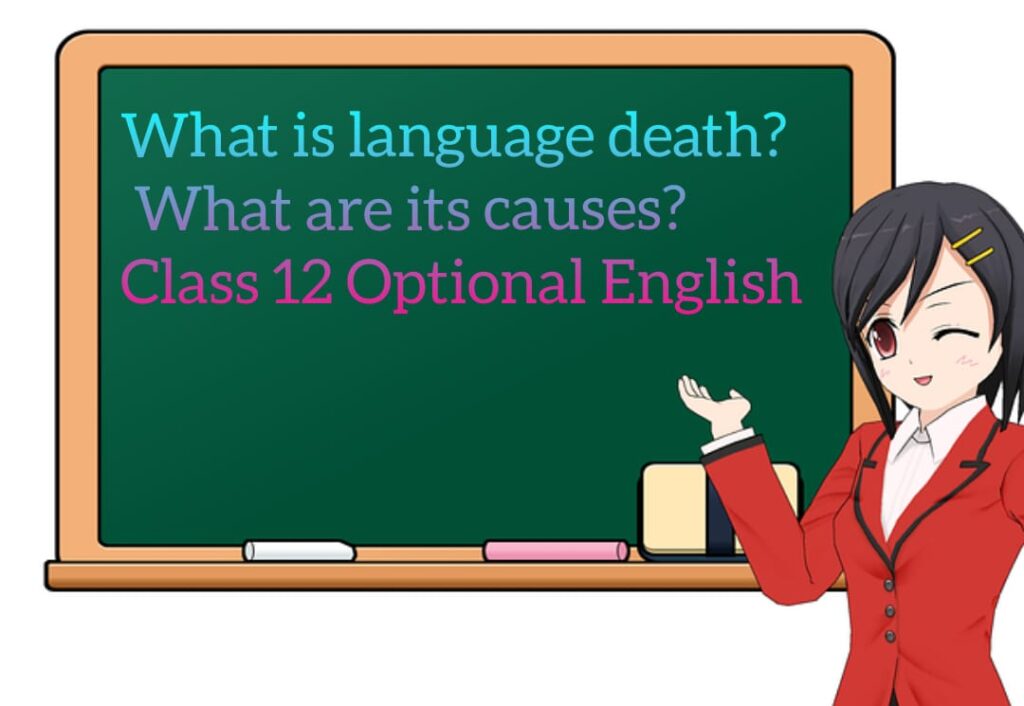Language death refers to the complete extinction of a language when there are no more native speakers. This happens when a language is no longer passed down from generation to generation and is gradually abandoned to make room for another.
There are several causes of language death, including:
Cultural and economic dominance:
As the dominant language becomes the preferred choice for education, government, media, and economic opportunity, speakers of smaller languages can switch to the dominant language for social and economic benefit.
Change language :
Language shift occurs when a community uses another language as their primary means of communication. This can happen due to intermarriage, migration or urbanization, where speakers of different languages come together and gradually give up their mother tongue in favor of one language. shared.
Lack of intergenerational transmission:
If a language is not passed on to the younger generation, it is in danger of disappearing. Factors such as migration, urbanization and globalization can disrupt the transmission of language from parent to child.
Language distinction:
Discrimination against minority languages can lead to their decline. If speakers of minority languages face stigma or prejudice, they may give up their language to avoid discrimination.
Lack of documentation and recovery efforts:
If a language is not well documented or there is no attempt to revive it, it is more susceptible to extinction. Documentation helps preserve languages for future generations, while restoration efforts aim to revive and promote the use of endangered languages.

